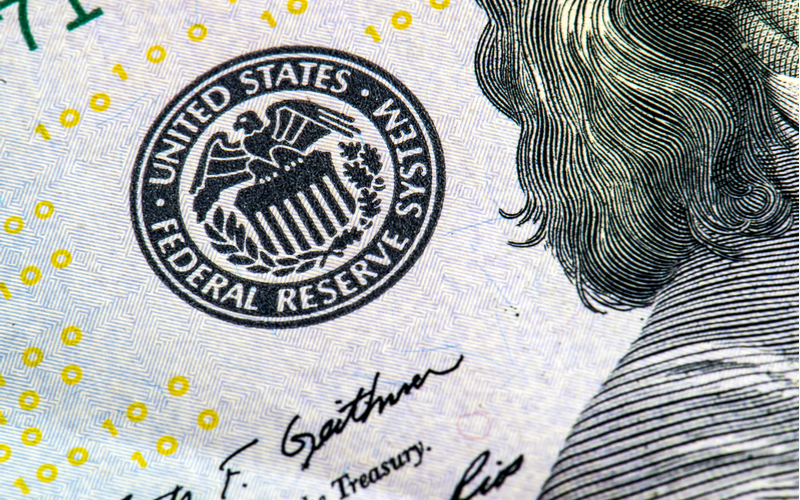Antony Mueller
The Next Financial Crises
The next financial crisis is just around the corner. It is only a matter of time until once again the world economy will be shocked by a massive contraction of liquidity. All markets are linked, and the origin of a new crisis can come from anywhere. A global financial crisis is the result of an…
Economic Nationalism Is a Terrible Response to the Currency War
The way out of the dilemma and to resolve the problem that is posed by the existence of national currencies under state authority, is to use private money at a global scale. Gold once served this purpose and could again. Further, the new electronic monies, like Bitcoin for example, are not bound to a specific…
What Do Economic Growth Figures Tell Us?
Economic growth as measured by gross domestic product directs policy makers toward imagining a lump sum of output instead of allowing the market to adapt to the diverse needs and wishes of individuals.
Where Do Business Cycles Come From?
“Karl Marx gave the world the myth that economic crises are inherent to capitalism. Yet overwhelming evidence says they result from war and political unrest, or come from natural events.” ~ Antony Mueller
Max Stirner’s Enduring Relevance
Collectivism left horrifying stains on the 20th century. With the new technologies of supervision and control now available, the dominance of collectivist beliefs in the new century would be outright devastating. It is time to ban the curse of collectivism. We need an individualist turn in philosophy and politics and must abandon the mystical beliefs…
When Will the Debt Trap Snap?
A new recession would not only mean lower or even negative economic growth rates, it would also induce governments to increase public spending. Then, the public debt quotient (debt over gross domestic product) would rise because of a lower denominator and a higher numerator. With the interest rate at historical lows, and the debt ratios…
The Turkish Currency Crisis and What It Can Teach Us
Since 2010, the balance sheet of the Turkish central bank has more than tripled. This expansion came as the result of putting an end to the independence of the Turkish central bank by Turkey’s president Recep Tayyip Erdogan. He was democratically elected in 2014 and re-elected in 2018. Over the years since he took power,…
What Is Money Velocity and Why Does It Matter?
The promise of the central bankers to act as the caretaker of the nation’s money is a great illusion. Even more preposterous is the claim of the central bankers that they could keep the economy on the path of a low-inflation economic growth path.
The Keynesian Trap: Lessons From the Japanese Slump
Despite Japan’s perfect Keynesian-textbook policy making, the economy has not revived. As a legacy of the policies, the Japanese government debt has grown to a dimension rarely reached outside of times of war.
The Real Reason for the Trade Deficit
The cure for the deficit problem is not to hamper free trade but to replace the dollar as the international reserve currency with a private currency and to reduce America’s budget deficit, which absorbs the financial inflows from abroad.










